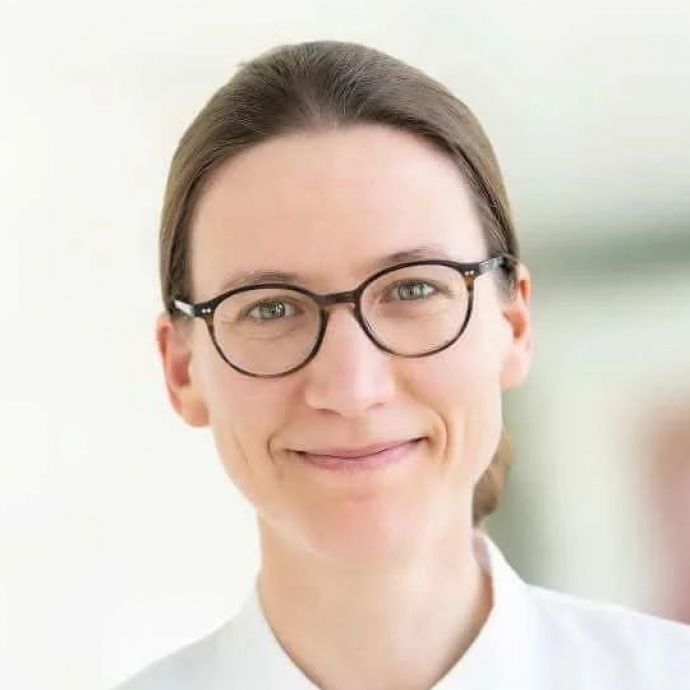PIs & Research groups

Head of the research group
Publikationen: Publikationen
AG Gastrointestinal Oncology and Personalized Medicine
Prof. Dr. rer. nat. Jan Böttcher
Head of the research group
Publikationen: Publications (Google Scholar)
AG Experimental Immunology
PD Dr. Dr. med. Katrin Böttcher
Head of the research group
Publikationen: Publications
AG Metabolic regulation and manipulation of immune cell function in tissues

Head of the research group
Publikationen: Google Scholar
AG Lifestyle Interventions in Metabolic Diseases and Cancer
PD Dr. med. Dr. rer. nat. Daniel Hartmann, M.Sc.
Head of the research group
Publikationen: Publications
AG Translational hepatometabolic approaches
Prof. Dr. Hannes Link
Head of the research group
Einrichtung: AG Synthetic biology and antibiotic research


Prof. Dr. rer. nat. Lisa Maier
Head of the research group
Publikationen: Publikationen
AG Drug-Microbiome-Host-Interactions
Head of the research group
Publikationen: Publikationsliste
AG Mechanisms involved in cancer development
Head of the research group
Publikationen: Pubklikationen
AG Post-transcriptional control in metastasis
Prof. Dr. Sven Nahnsen
Head of the research group
Einrichtung: AG Data science methods for biomedical research

PD Dr. Dr. med. Susanne Roth, M.Sc.
Head of the Research group
Publikationen: Publikationen
AG Precision Surgical Oncology
Head of the research group
Publikationen: PubMed
Publikationen: Google Scholar
AG Tumor immune microenvironment
Head of the research group
Publikationen: Publications
AG Dynamic interactions in metabolically relevant tissues
Prof. Dr. med. Reiner Jumpertz-von Schwartzenberg
Head of the research group
Publikationen: Publikationen
AG Mechanisms that contribute to metabolic diseases
Prof. Dr. rer. nat. Lisa Sevenich
Head of the Research group
Publikationen: Publikationen
AG Experimental Neuroonco-Immunology

Prof. Dr.med. Christoph Stein-Thoeringer
Geschäftsführender Oberarzt | Professor für Klinische Infektiologie und Translationale Mikrobiomforschung
Publikationen: Publikationen
AG Translationale Microbiome Sciences
Head of the research group
Publikationen: ORCID Profile
Publikationen: Web of Science
AG Metabolomics & Systems Medicine
Dr. Verena Wagner
Head of the research group
Einrichtung: AG Novel treatment options for liver cancer

